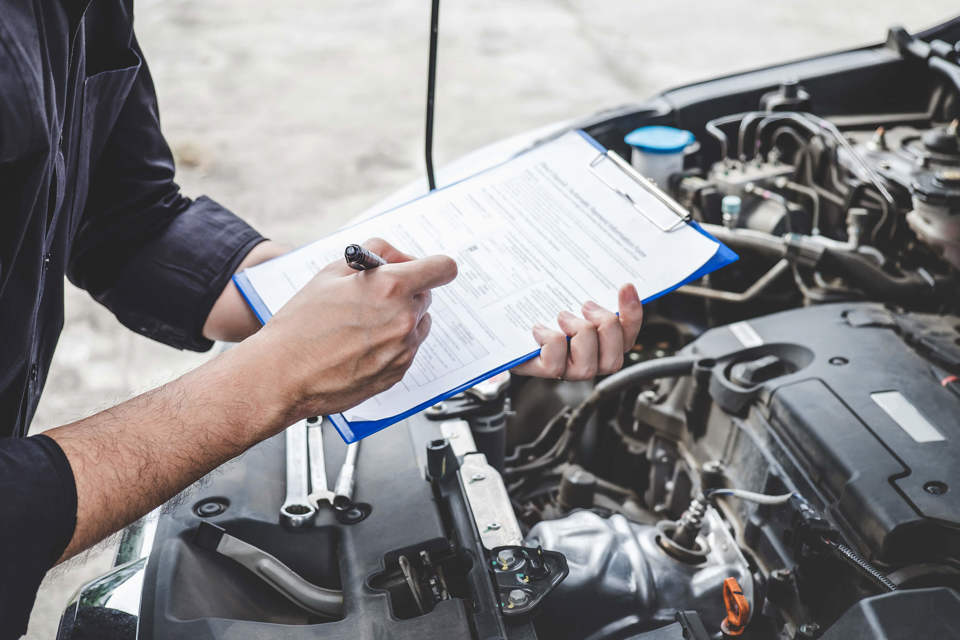Despite rising costs and technology change, the UK repair market remains dynamic and resilient, according to a new FixMyCar report which urges garages to leverage EV training and digital tools to not only build loyalty but also expand their revenue base.
The report has been built on the business’s internal data, gleaned from driver and garage activity on its platform over the last 12 months and provides insights and ideas on where growth opportunities exist, providing suggestions for best practice in customer relations.
According to ‘Making Tracks: The Auto Repair Report’, to maintain relevance and meet consumer expectations, garages must focus on core services like MOTs, clutch replacements, and full services, as these remain in high demand.
However, expanding into EV maintenance is essential as adoption increases.
A significant surge in EV-related repair requests - up 98% over the past year - illustrates a shift toward electric vehicles, which presents both opportunities to expand services in a rapidly growing market segment.
EV servicing holds considerable promise, but with only 24% of UK technicians qualified to work on them, the report authors insists addressing this gap with early EV training could give garages a competitive advantage as demand for EV maintenance and repair grows.
The report also notes a growing second-hand market for EVs where drivers are increasingly leaving original equipment manufacturer servicing cycles and turning to independent garages for repairs and maintenance.
It points out that fleet buyers - who have driven adoption so far - will often replace EVs after three years and so the near future will see a rapid increase in the number of used EVs on the market, resulting in increased service requirements in the independent sector.
As more consumers actively research repair options and costs, providing timely and accurate quotes and simplifying complex information can build trust with customers.
It found that 71% of jobs posted on FixMyCar are confirmed with a chosen garage within 24 hours with 63% confirmed within the first hour demonstrates the imperative for garages to embrace digital tools and technology that streamline operations and make garage bookings more convenient.
Similarly, with average repair quotes for traditional services on the rise, consumers are becoming more price-sensitive, making competitive pricing and rapid responses to service requests essential.
The report shows that average repair costs have reached £249.46, with clutch replacements and cambelt repairs increasing in price due to inflation. Full-service costs have risen by 4.5%, driven by inflationary pressures and the rising cost of business operations.
Rising repair costs have also led to an increased interest in extended warranties, giving garages an opportunity to offer these services as a new revenue stream.
With the extended warranty market expected to grow at an annual rate of 6.8% by 2030, garages should tap into a growing revenue source that aligns with consumer needs for cost predictability by partnering with warranty providers.
Despite these cost pressures, demand for repair services remains strong; FixMyCar recorded over 1.1 million service requests in 2024, indicating that even as consumers face economic uncertainty, they continue to prioritise vehicle maintenance.
Making Tracks also finds evidence that drivers are looking to become more informed about their cars.
Of the hundreds of car advice articles available to drivers on FixMyCar, the top three most viewed are those relating to advice and information about specific car makes and models, with an article about ‘common problems with the Nissan Qashqai viewed over 48,000 times in the last 12 months.
Beyond core services, the report identifies emerging niches that could drive future growth, such as breakdown recovery and fleet servicing.
Demand for breakdown recovery has risen by 8.8%, with average service quotes increasing by 23.5% year-over-year. Additionally, fleet registrations are up by 23%, and fleet maintenance is projected to capture a significant share of the European market by 2030.
















Login to comment
Comments
No comments have been made yet.